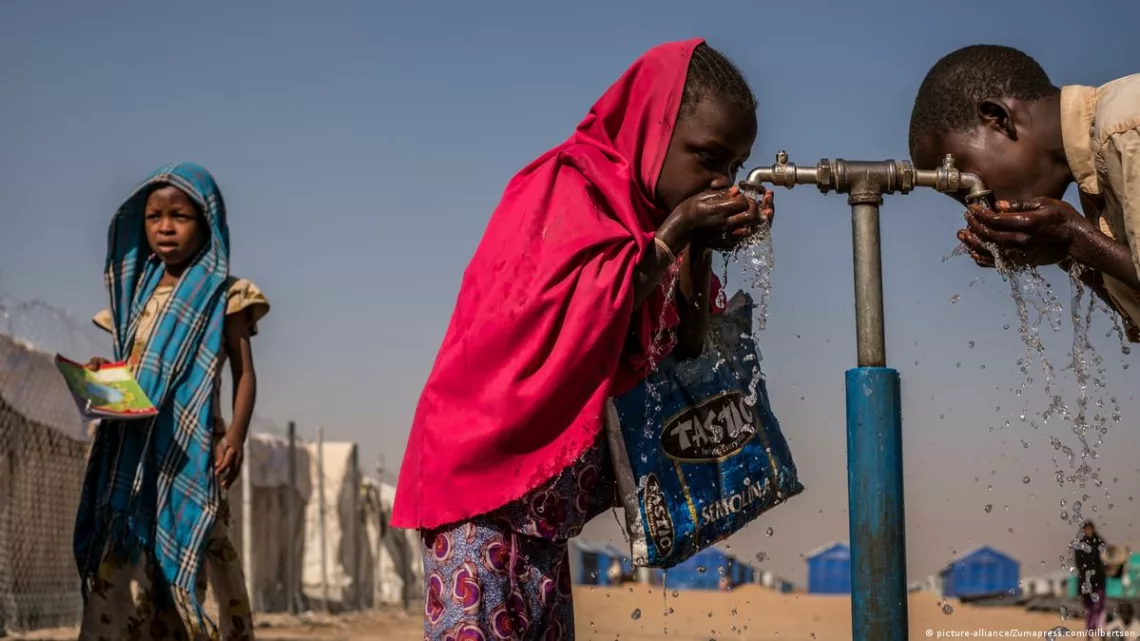Last Friday, the world came together to celebrate the International Day of Family Remittances, recognising the profound contributions made by Nigerian migrant workers and their remittances to their families, communities, and the nation as a whole. The day serves as a powerful reminder of Nigeria’s pivotal role in alleviating poverty, driving economic growth, and fostering global solidarity through the financial transfers of its diaspora.
Family remittances play a critical role in empowering Nigerian families and communities. The funds sent by Nigerian migrants to their loved ones back home act as a lifeline, providing access to education, healthcare, and essential needs. These remittances offer a sense of security and stability, opening doors to improved livelihoods, enhanced living conditions, and investment in small businesses. By boosting household incomes, remittances empower Nigerian families to break free from the cycle of poverty, laying the foundation for a more prosperous future.
Nigeria’s diaspora remittances also serve as a driving force behind the nation’s economic development. They constitute a significant source of foreign currency inflows, contributing to the country’s GDP and foreign exchange reserves. These inflows stimulate local economies, encouraging consumption, investment, and entrepreneurship. Nigerian families often utilise the funds received for productive activities, such as agricultural projects, housing construction, and infrastructure development. This, in turn, leads to job creation and sustainable economic growth, benefitting communities and the nation at large.
Remittances have proven instrumental in mitigating poverty and reducing inequality within Nigeria. In a country where social protection systems are limited, remittances act as a safety net, helping vulnerable populations meet their basic needs. The direct impact of remittances on poverty reduction is profound, enabling families to overcome financial hardships, access education, and improve healthcare services. By bridging income gaps, remittances promote social inclusion and foster a more equitable society within Nigeria.
Nigeria’s participation in the International Day of Family Remittances underscores its commitment to global solidarity. It highlights the sacrifices and dedication of Nigerian migrant workers, who leave their homeland in search of better opportunities abroad. Through their remittances, these individuals demonstrate a deep sense of responsibility and love for their families, regardless of the distance separating them. Celebrating this day promotes empathy, understanding, and respect for the experiences and sacrifices of Nigerian migrant workers around the world.
To maximise the impact of family remittances in Nigeria, it is crucial for the government, financial institutions, and international organisations to collaborate and create an enabling environment. Policies that reduce the costs of remittances, promote financial inclusion, and support entrepreneurial endeavors among Nigerian migrant communities are essential. Strengthening financial literacy and facilitating access to affordable financial services empowers recipients to make informed decisions and leverage remittances for long-term sustainable development.
Furthermore, investments in education and skill development programmes within Nigeria can create opportunities for employment and reduce the need for migration in the first place. Cooperation between Nigeria and countries of destination can facilitate safe, orderly, and regular migration channels, ensuring the protection of the rights and well-being of Nigerian migrant workers.
Nigeria’s participation in the International Day of Family Remittances exemplifies its significant role in global migration and development. It is important for the world to recognise the resilience, sacrifices, and unwavering commitment of Nigerian migrant workers worldwide.





